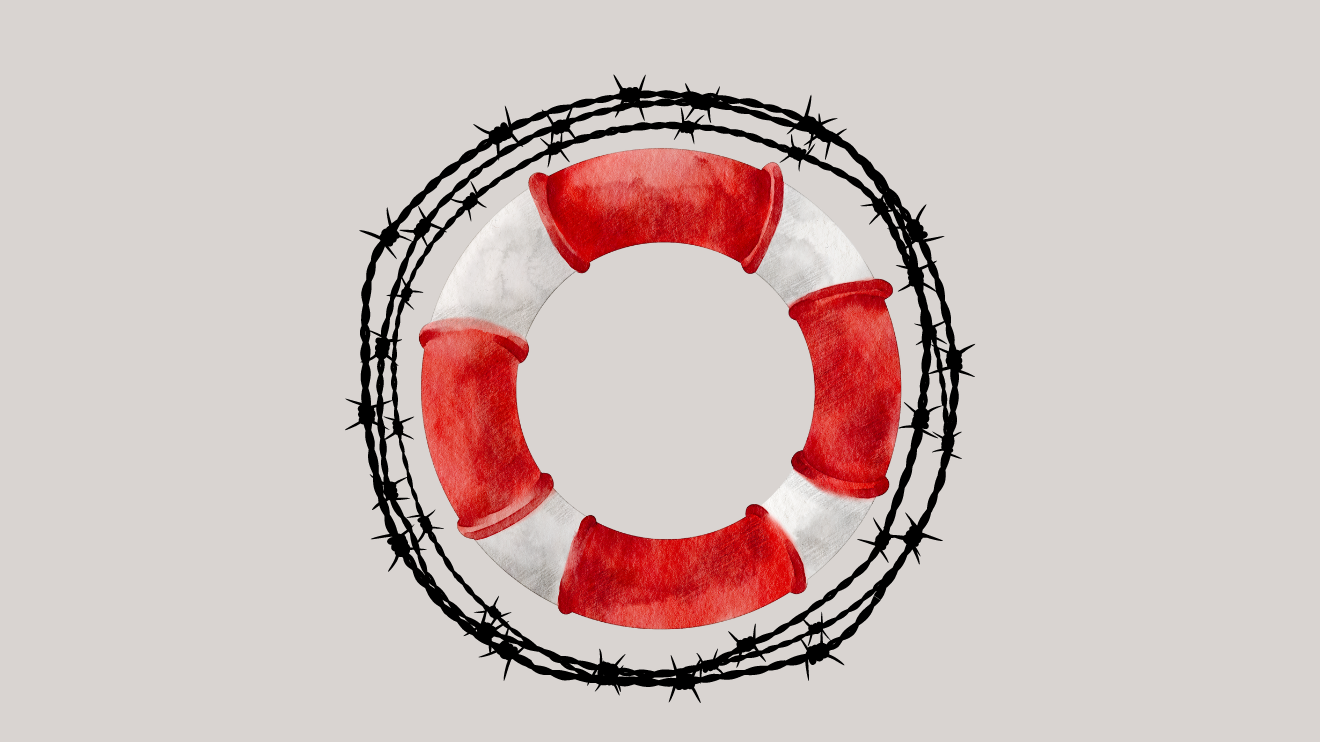
How to stop self-care from attacking the self
We are living in the golden age of self-care advice. Why then does it leave so many of us unhappy and frustrated?
This season, I am hoping to enlist 20 founding supporters who love what Sanity represents and want to help me keep it alive. Are you one of them? Click on the link below to join me today. Thank you.
Struggling with the Monday blues? Marisa Jo wants you to wear a cozy outfit, sit on your couch, turn off overhead lighting, and strictly avoid multitasking.
Jo is a TikToker in her late-20s who invented the idea of 'Bare Minimum Monday' to repair her stressful relationship with the beginning of the week. Since her first video on it in 2022, BMM has become a viral sensation and a rallying cry for people looking to embrace self-care and reject hustle culture.
To make sure your Mondays are anxiety-free, spend time taking care of yourself, tending to your home, working on creative projects, and doing only the absolutely essential amount of work, Jo coaxes her 153,000 followers. “I had to tell myself to do the bare minimum in order to not make myself sick over how productive I was being,” she explains in one of her videos. "Welcome to Bare Minimum Monday, where work is not the priority – you are," she says invitingly in another.
Jo is self-employed and admits that this routine may be out of reach of 9-to-5ers. Bare Minimum Monday has also drawn its fair share of sniggers ("What next? Trickle-Down Tuesdays and Wind-Down Wednesdays?"). And yet, Jo's message seems to be outgrowing TikTok and sending ripples across the corporate world.
Fortune magazine reports that employees are showing up to work on Monday to only do the bare minimum, often starting the day late after a morning of self-care rituals. It calls Bare Minimum Monday 'the latest workplace trend hitting productivity' – shudder – after quiet quitting and the Great Resignation.
Forget mass layoffs by callous companies. Apparently people living a little is the real threat to the economy.

Employers have an uneasy relationship with the idea of self-care. On the one hand, they understand that making warm fuzzy public statements supporting self-care has good PR value. Encouraging employees to eat some dark chocolate or listen to the sound of waterfalls on the company-provided mental health app on their own time – what's not to like? Even better if thus revitalised, employees show up with greater efficiency and productivity.


